Asia visa bottleneck frustrates tourist sector

Already blighted by the strong franc, the Swiss tourism industry is being further hampered by delays in issuing visas to visitors in emerging markets.
Tourism bosses have complained to the foreign ministry that bottlenecks are costing the industry income in its hour of need. Emerging markets, such as China and Russia, are seen as the sector’s salvation.
Industry insiders have complained that a lack of consulate staff and excessive red tape has delayed – and in some cases even scuppered – attempts to process tourist visas to a growing number of potential visitors from key markets.
“Asia is the most interesting market for our company and we have invested heavily in this area,” Thomas Pfister, head of marketing at the Jungfrau Railway, told swissinfo.ch.
“Asian tourists are willing to travel to Europe at off-peak times, such as November, which makes these visitors even more appealing to us. People want to travel to Switzerland from Asia and it would be a great shame if we end up losing a lot of money simply because we cannot process enough visas to meet demand.”
Consulates reorganised
Part of the problem lies with consulate staff in some emerging markets being overwhelmed with the increasing number of visa requests.
The Swiss Hotel Association reported a 49 per cent increase in overnight stays by Chinese guests last year, 21 per cent from India and 13 per cent from the Gulf States.
The increasing number of visitors from emerging markets has more than made up for lost business from Europe. Guests closer to home have been put off by the cost of staying in Switzerland caused by the strengthening of the Swiss franc against the euro.
The network of Swiss consulates is currently undergoing a major transformation, with some offices being closed down or merged in Europe and other countries while emerging markets are being beefed up. But the process of stocking up consulates in key markets with more staff appears not to be keeping up with demand.
Another problem is a raft of local rules and regulations for processing visas that often frustrate tour operators.
Time needed
The Tages-Anzeiger newspaper reported that Indonesian consulate in Jakarta would only process five visas a day for each tour operator. This has led to operators having to issue several visa requests per group and rival companies jostling with each other to get ahead in the race to obtain the necessary paperwork for all their clients.
The Swiss foreign ministry and the State Secretariat for Economic Affairs (Seco) said they were both looking into the problems. The issue has been eased in some countries, but is still causing a headache across the emerging markets as a whole.
“There will be further efforts to improve the situation that will take some time to build up the capacities that are needed,” Seco spokeswoman Marie Avet told swissinfo.ch.
The example of the Jungfrau Railway shows the importance of Asian tourists to the industry. The cogwheel railway, which takes people from the Kleine Scheidegg to the top of the Jungfrau mountain at 3,454 metres, made a record SFr22.6 million ($25.7 million) profit last year.
The 2.3 per cent increase in profits from 2009 was put down to the increasing number of Asian visitors, with the largest growth seen in Korean tourists.
Lost income
Thomas Pfister is particularly keen to see the visa blockage sorted out before it starts to put Asian visitors off the idea of including Switzerland on their European tour.
“This is not a new situation and we continue to monitor developments. The situation has improved in certain markets, but we hope it will get better across the board in the near future,” he said.
Switzerland Tourism is also monitoring the situation having complained to the authorities about the slowness of visas being issued in some countries.
“There is a danger when visas cannot be processed quickly enough, or not at all, that we are losing overnight stays and income,” spokeswoman Véronique Kanel told swissinfo.ch.
The tourist industry is a vital sector for the Swiss economy, generating an annual income of around SFr15 billion.
Despite the negative effects of the strong franc, overnight stays at Swiss hotels last year increased 1.7% to 36.2 million, according to the Swiss Hotel Association.
The increase was in part buoyed by a rise in the domestic market, with 2.2% more Swiss electing to stay at home for their holidays.
But emerging markets, particularly Asia, made up for the 2% drop in visitors from Europe in 2010.
Chinese guests were up by a half from 2009, while those from India (+21%) and the Gulf states (+13%) also boosted figures.

In compliance with the JTI standards
More: SWI swissinfo.ch certified by the Journalism Trust Initiative

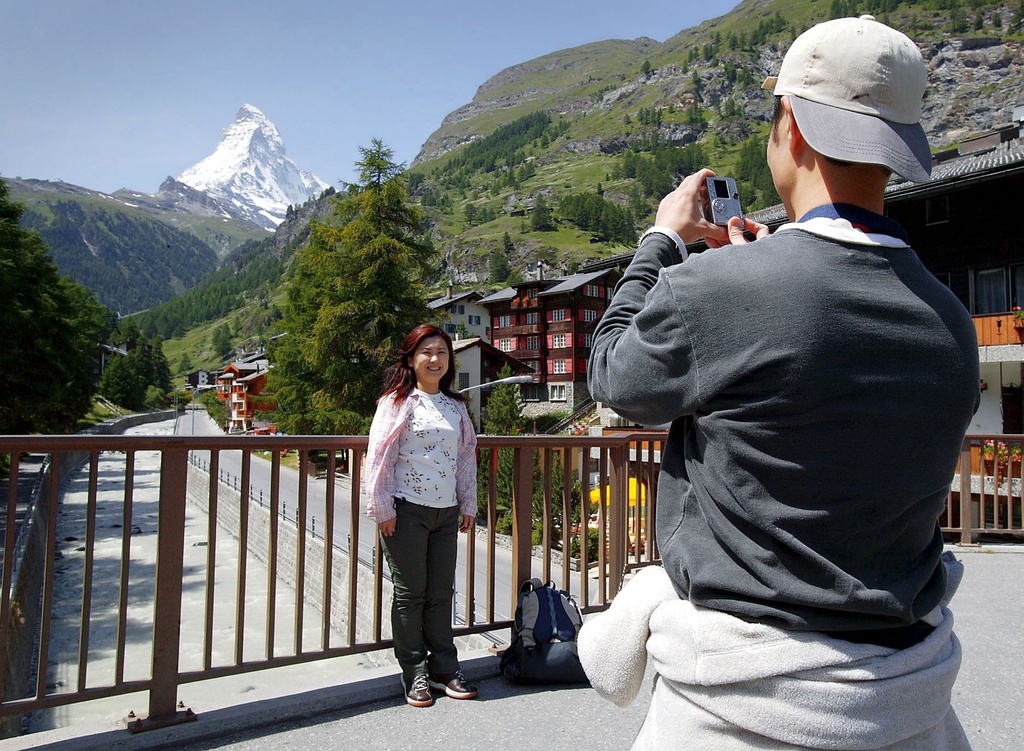
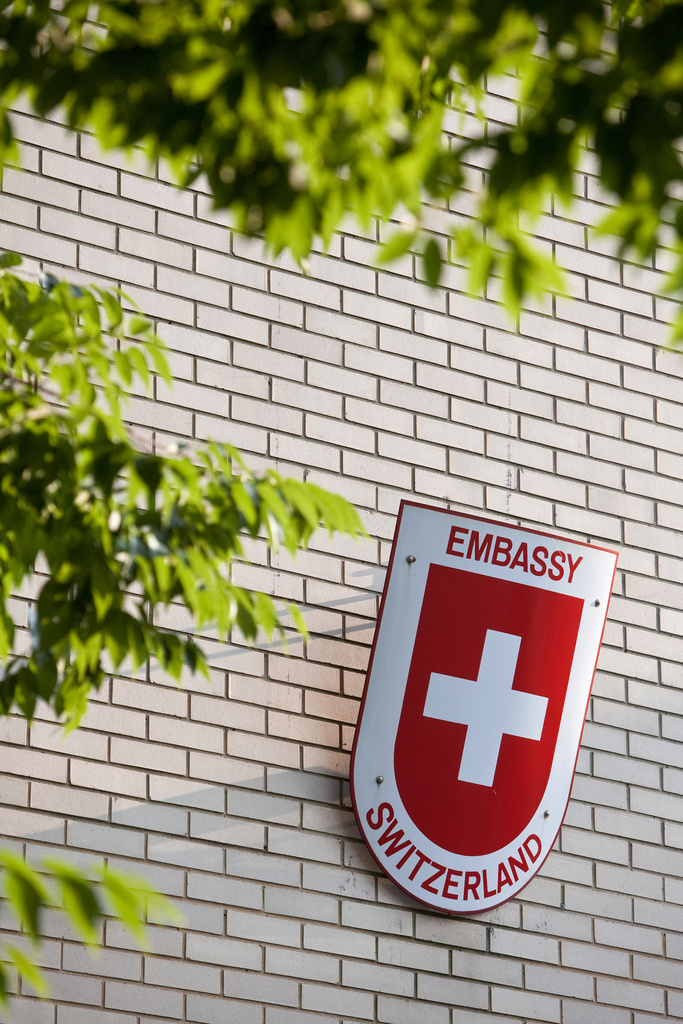
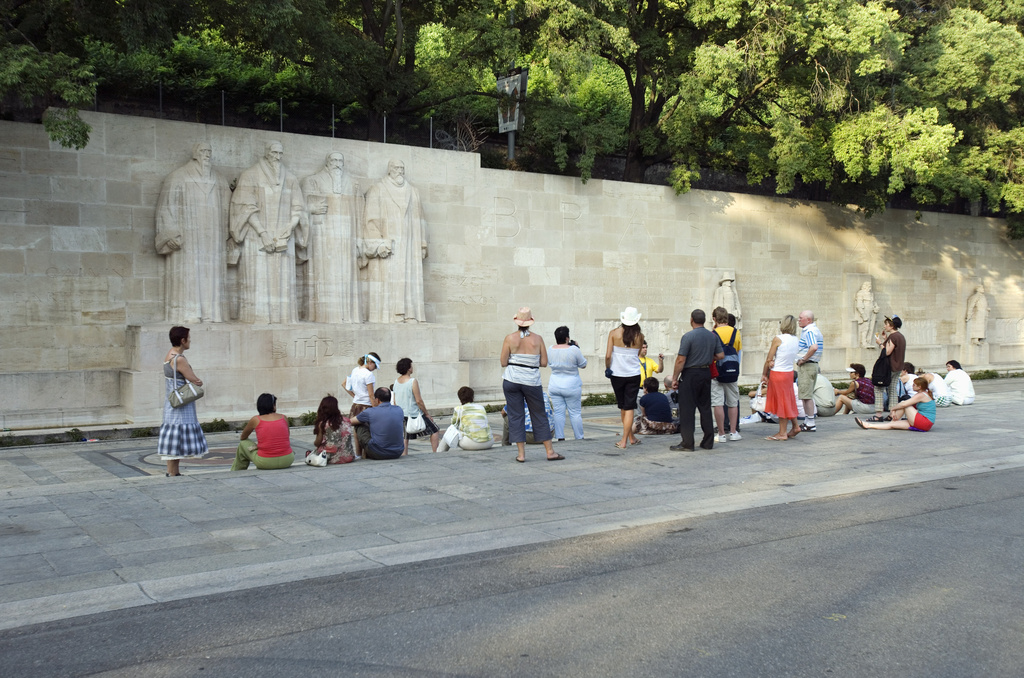
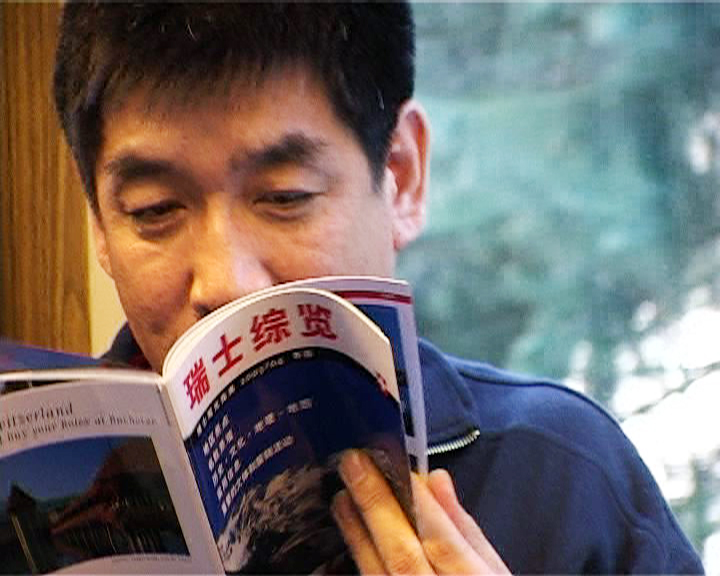
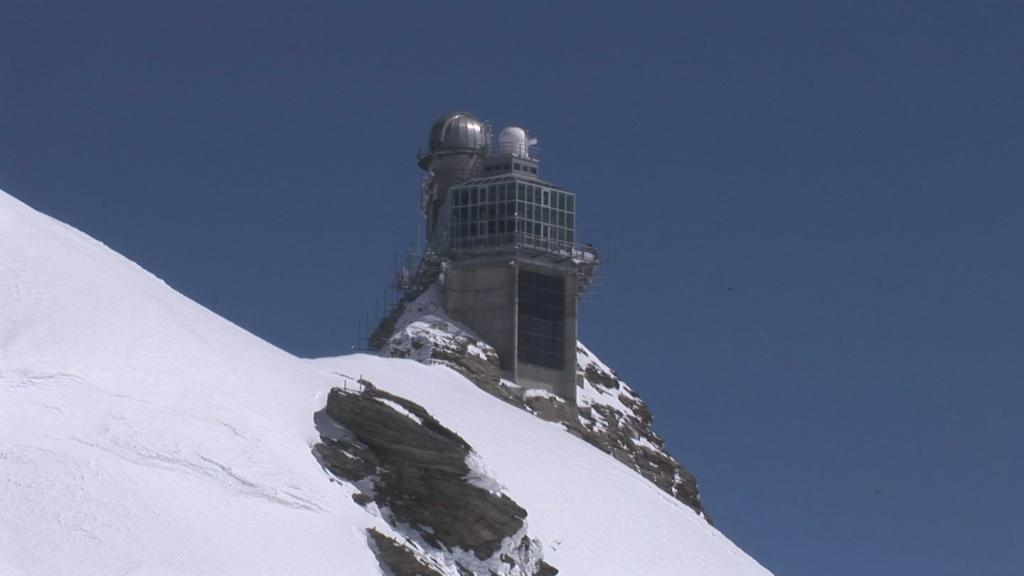
You can find an overview of ongoing debates with our journalists here . Please join us!
If you want to start a conversation about a topic raised in this article or want to report factual errors, email us at english@swissinfo.ch.